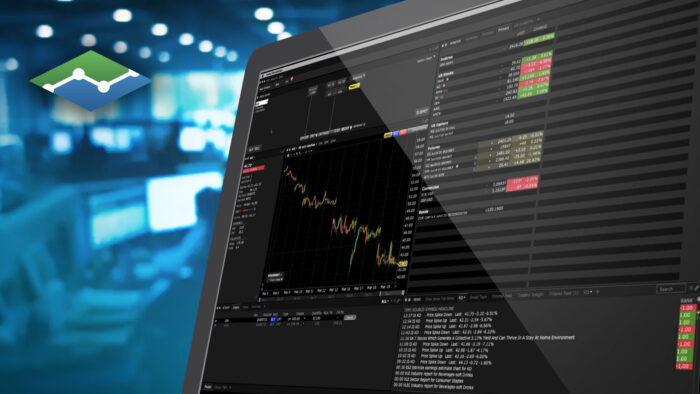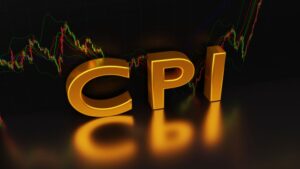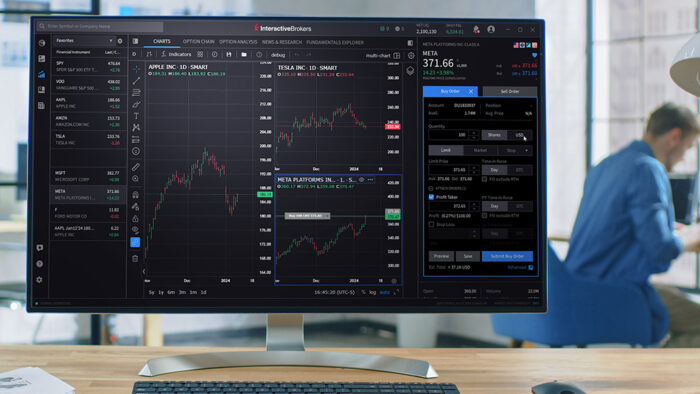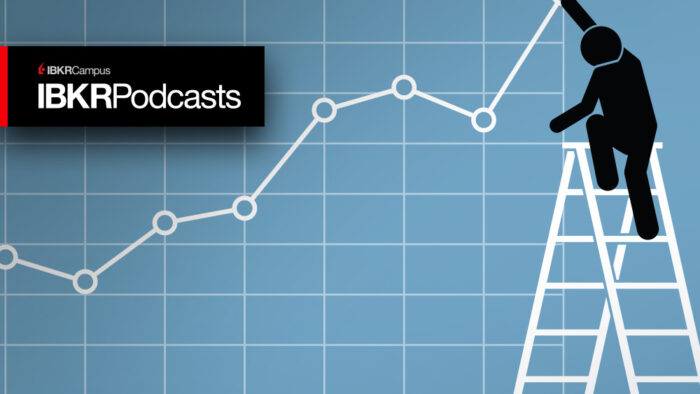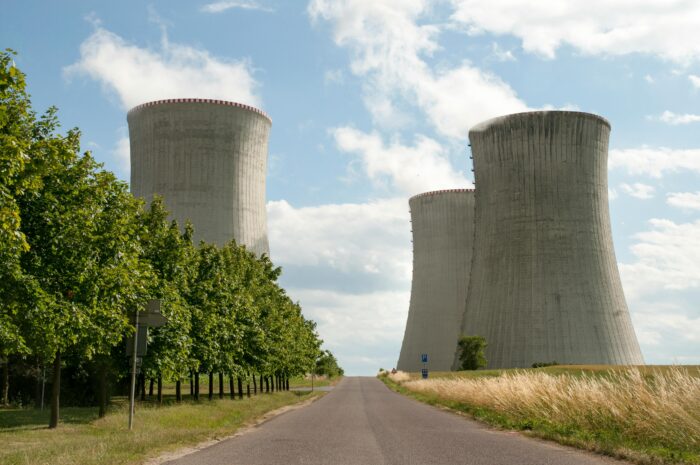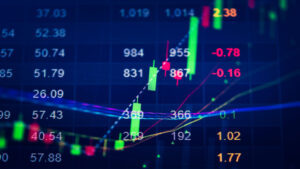
Since the 1970’s, nuclear energy production capacity has grown continuously until the Fukushima nuclear accident, on March 11, 2011, as the result of an earthquake. This accident caused a resurgence in concern regarding the safety of nuclear energy and the risks it poses. Some countries with relatively stronger economies such as Germany, announced plans as early as 2011 to phase out nuclear power by 2023 and achieved that goal (German concluded their plan on April 15, 2023). Other countries such as Italy, Spain and Belgium also initiated closure plans, leading to a further reduction in global nuclear energy reliance.
Despite all of this, the trend in the nuclear energy sector since 2014 has not always been sloping down due to several factors like the increase of energy demand and rising concerns about climate change. The Russia-Ukraine war further served to increase this trend in growing demand for nuclear power, highlighting the importance of energy autonomy for various jurisdictions and giving us Germany as an excellent example of the risks that can arise from abandoning nuclear energy without having a sensible replacement for that particular need. Germany tried to replace their nuclear energy supply by increasing their consumption of natural gas imported from Russia, only to find this a short-lived solution when to the major sanctions from Ukraine conflict. To balance this deficit in available energy sources, they then tried to supplement their supply by increasing their use/importation of coal, which puts them at odds with their original goal of a safe/clean energy solution. Other countries like China, India and South Korea are building nuclear power plants. It appears that nuclear energy is back in fashion because it offers an effective way to achieve climate transitions goals and at the same time maintain “energy independence.”
In keeping with this theme, the European Commission has set a target to reduce net greenhouse gas emissions by at least 55% by 2030, compared to 1990 levels, and reach net zero by 2050; nuclear energy is included in the proposed energy framework.
Investor opinions are divided about nuclear energy, although the tendency is clear for certain companies related to nuclear energy as we can see in the performance of the VanEck Uranium and Nuclear Technologies UCITS ETF, ISIN: IE000M7V94E1.

Source: IBKR TWS. Past performance is not indicative of future results
From the 52-week low of 15.638 EUR to the 52-week high of 25.345 EUR where this ETF is now at the higher end of its trading range, we can see a 9 month rise of more than 55%.
Top 10 Holdings (%) of the Van Eck Uranium and Nuclear Energy ETF as of 31 Dec 2023
| Holding Name | Ticker | Shares | Market Value (USD) | % of Net Assets |
| Cameco Corp | CCJ US | 98,170 | 4,231,127 | 14.04 |
| Bwx Technologies Inc | BWXT US | 34,205 | 2,624,550 | 8.71 |
| Sprott Physical Uranium Trust | U-U CN | 119,619 | 2,563,653 | 8.51 |
| Nexgen Energy Ltd | NXE US | 273,880 | 1,917,160 | 6.36 |
| Samsung C&T Corp | 028260 KS | 16,060 | 1,614,854 | 5.36 |
| Mitsubishi Heavy Industries Ltd | 7011 JP | 26,400 | 1,543,215 | 5.12 |
| Snc-Lavalin Group Inc | ATRL CN | 47,010 | 1,520,891 | 5.05 |
| Fuji Electric Co Ltd | 6504 JP | 35,200 | 1,515,313 | 5.03 |
| Hitachi Ltd | 6501 JP | 20,800 | 1,500,468 | 4.98 |
| Ihi Corp | 7013 JP | 76,600 | 1,500,160 | 4.98 |
| Top 10 Total (%) | 68.15 | |||
These are not recommendations to buy or to sell any security. Securities and holdings may vary.
Underlying Index: MarketVector™ Global Uranium and Nuclear Energy Infrastructure Index (MVNUCLTR)
Number of holdings: 24
Domicile: Ireland
Total expense ratio: 0.55%
Income Treatment: Reinvestment
Disclosure: Interactive Brokers
The analysis in this material is provided for information only and is not and should not be construed as an offer to sell or the solicitation of an offer to buy any security. To the extent that this material discusses general market activity, industry or sector trends or other broad-based economic or political conditions, it should not be construed as research or investment advice. To the extent that it includes references to specific securities, commodities, currencies, or other instruments, those references do not constitute a recommendation by IBKR to buy, sell or hold such investments. This material does not and is not intended to take into account the particular financial conditions, investment objectives or requirements of individual customers. Before acting on this material, you should consider whether it is suitable for your particular circumstances and, as necessary, seek professional advice.
The views and opinions expressed herein are those of the author and do not necessarily reflect the views of Interactive Brokers, its affiliates, or its employees.
Disclosure: ETFs
Any discussion or mention of an ETF is not to be construed as recommendation, promotion or solicitation. All investors should review and consider associated investment risks, charges and expenses of the investment company or fund prior to investing. Before acting on this material, you should consider whether it is suitable for your particular circumstances and, as necessary, seek professional advice.

